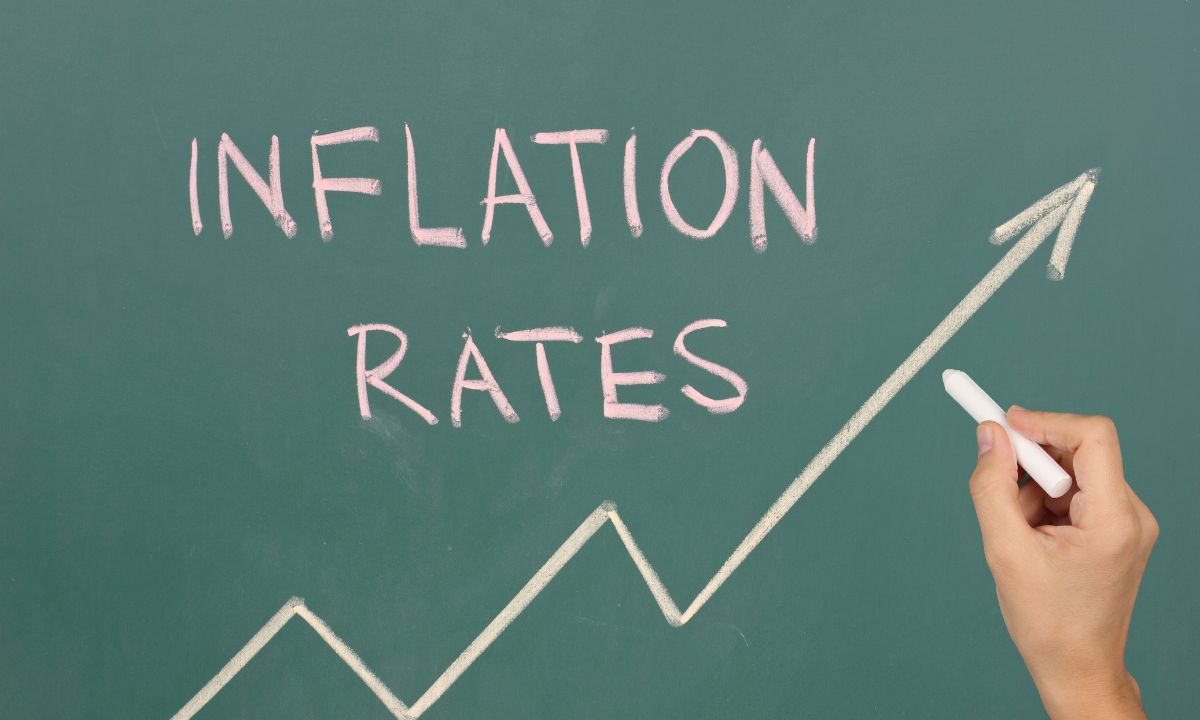The Impact of Inflation on Mortgage Rates and Homebuying Power
 In today’s economic climate, inflation has become a hot topic, especially for potential homebuyers. Understanding how inflation affects mortgage rates and your homebuying power is crucial. Let’s see how it can impact your journey to homeownership.
In today’s economic climate, inflation has become a hot topic, especially for potential homebuyers. Understanding how inflation affects mortgage rates and your homebuying power is crucial. Let’s see how it can impact your journey to homeownership.
What is Inflation?
First and foremost, inflation refers to the rate at which the general level of prices for goods and services rises. When inflation is high, purchasing power decreases because each unit of currency buys fewer goods and services.
How Inflation Affects Mortgage Rates
Inflation and mortgage rates are closely linked. Here’s how:
- Rising Interest Rates: When inflation increases, central banks often raise interest rates to curb spending and bring inflation under control. This, in turn, affects mortgage rates, which are tied to these broader interest rates.
- Higher Borrowing Costs: As mortgage rates rise, the cost of borrowing increases. For potential homebuyers, this means higher monthly mortgage payments for the same loan amount.
Impact on Homebuying Power
So, what does this mean for your homebuying power?
- Reduced Affordability: Higher mortgage rates translate to higher monthly payments. This means you might not qualify for as large a loan as you would in a low-rate environment. Consequently, the homes you can afford may be less expensive.
- Price Adjustments: On the flip side, higher mortgage rates can lead to a slowdown in home price appreciation or even a decline in home prices. Sellers might lower their prices to attract buyers who are now facing higher borrowing costs.
Strategies to Navigate Inflation’s Impact
Understanding the impact of inflation is essential, but knowing how to navigate it is even more important. Here are some strategies:
- Lock-in Rates: If you’re planning to buy a home soon, consider locking in your mortgage rate to protect against future rate increases.
- Adjust Your Budget: Reevaluate your budget to ensure you can comfortably afford the higher payments that come with increased rates.
- Explore Different Loan Options: Look into various mortgage products, such as adjustable-rate mortgages (ARMs), which might offer lower initial rates.
- Improve Your Credit Score: A higher credit score can help you secure better interest rates, even in an inflationary environment.
Long-Term Considerations
When thinking about the long-term implications of inflation on your homebuying journey, it’s essential to consider future financial stability. While higher mortgage rates may seem daunting now, owning a home can still be a solid investment over time. Real estate often appreciates, providing equity that can benefit you in the long run.
Inflation’s impact on mortgage rates and home buying power is undeniable. By staying informed and adjusting your strategies, you can still achieve your dream of homeownership despite the challenges. Remember, the key is to plan and be flexible in your approach.

 Inflation can erode the value of your savings over time, and one way to hedge against inflation is by investing in assets that appreciate in value over time. Real estate is often considered a good hedge against inflation, as property values tend to rise in line with inflation.
Inflation can erode the value of your savings over time, and one way to hedge against inflation is by investing in assets that appreciate in value over time. Real estate is often considered a good hedge against inflation, as property values tend to rise in line with inflation.
 Inflation dominated last week’s economic readings and predictions as it hit a year-over-year growth rate of 9.10 percent in July. Inflation reached its highest year-over-year growth rate since 1981. Gasoline prices eased somewhat, but not enough to provide relief against a backdrop of high housing and food prices. Low and moderate-income consumers were disproportionately impacted as rents rose beyond near-record inflation and home prices remained out of reach for many would-be home buyers.
Inflation dominated last week’s economic readings and predictions as it hit a year-over-year growth rate of 9.10 percent in July. Inflation reached its highest year-over-year growth rate since 1981. Gasoline prices eased somewhat, but not enough to provide relief against a backdrop of high housing and food prices. Low and moderate-income consumers were disproportionately impacted as rents rose beyond near-record inflation and home prices remained out of reach for many would-be home buyers. Last week’s economic reporting included readings on inflation and the University of Michigan’s preliminary February reporting on consumer sentiment. Weekly readings on mortgage rates and jobless claims were also released.
Last week’s economic reporting included readings on inflation and the University of Michigan’s preliminary February reporting on consumer sentiment. Weekly readings on mortgage rates and jobless claims were also released.